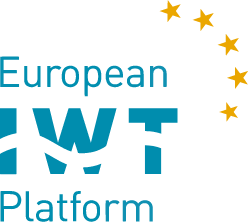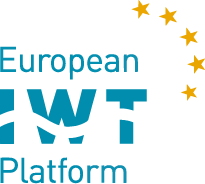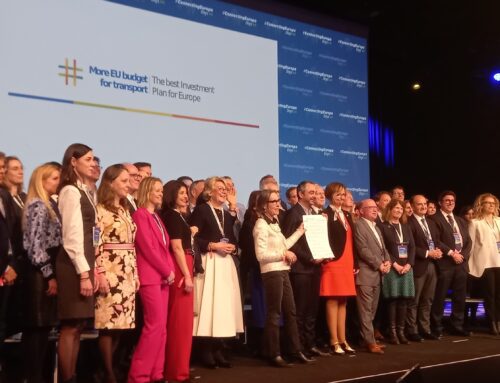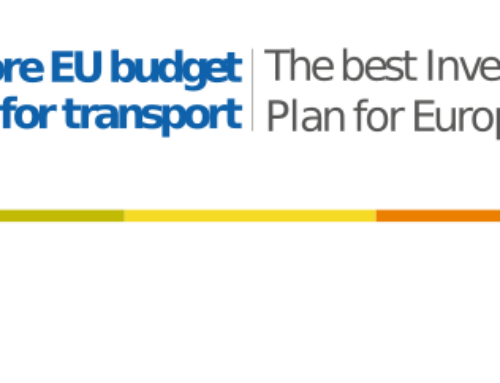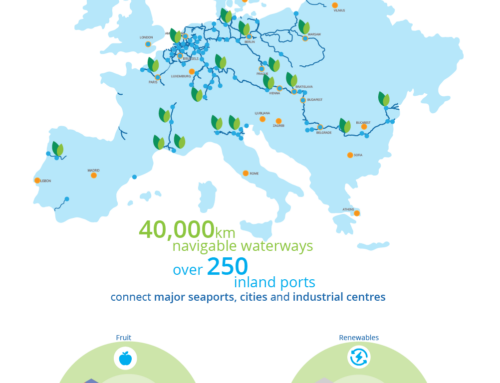The European Commission published its EU Strategy on Sustainable & Smart Mobility SSMS on December 9th, 2020. This document can be seen as an extension of the EU Green Deal which was published one year earlier, in December 2019.
The Smart Mobility Strategy (SSMS) seeks to increase the share of Inland Waterway Transport (IWT) by 25 % by 2030 and by 50 % by 2050. The European Commission in its recently published Communication on the SSMS underlines the importance of Inland Waterway Transport as sustainable mode of transport to realize its future sustainability goals. Based upon the Green Deal a key objective is to deliver a 90% reduction in transport-related greenhouse gas emissions by 2050
“The scenarios underpinning the strategy, common to those supporting the 2030 climate target plan, demonstrate that, with the right level of ambition, the combination of policy measures set out in this strategy can deliver a 90% reduction in the transport sector’s emissions by 2050.”
There are a number of milestones which are valuable for the IWT sector and most likely have consequences in the (near) future :
6) By 2030, there will be at least 100 climate-neutral cities in Europe.
8) Transport by inland waterways and short sea shipping will increase by 25% by 2030 and by 50% by 2050.
9) By 2030, rail and waterborne-based intermodal transport will be able to compete on equal footing with road-only transport in the EU.
10) All external costs of transport within the EU will be covered by the transport users at the latest by 2050.
11) By 2030, seamless multimodal passenger transport will be facilitated by integrated electronic ticketing and freight transport will be paperless.
12) By 2030, automated mobility will be deployed on large scale.
The Commission draws the conclusion that the recovery from the crisis caused by the COVID-19 pandemic should be used to accelerate the decarbonisation and modernisation of the entire transport and mobility system, limiting its negative impact on the environment and improving the safety and health of our citizens. The twin green and digital transitions should reshape the sector, redraw connectivity and re-energise the economy. The Commission acknowledges that this transformation – which needs to be socially fair and just – will not come easily, and will require the full dedication and support from all transport actors, as well as a substantial increase of growth-generating investment from public and private sectors. These conclusions will lead to a paradigm shift in transport and should allow to shift to more sustainable modes.
The Communication is accompanied by a staff working document which in depth elaborates the different policies, actions and scenarios to implement the SSMS. Both documents have to be considered as major framework for the coming environmental, social and transport policy at EU level which will be the basis for future actions.
Theresia Hacksteiner and Daisy Rycquart
30 January 2021
